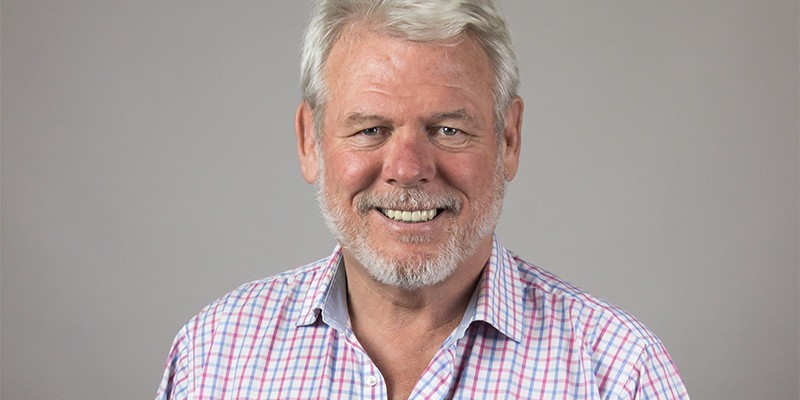Chris Dew, managing director at Affinity Packaging, had also previously completed another Lancaster University Management School programme, the Lancashire Forum, which helped set out a plan for growing his business.
He said: “The networking opportunities the Forum provides is one of its best features. Some of the people on the same intake as me were already using Affinity Packaging materials and our work on the programme has led to some exciting new collaborations.“One company, a brewery, is being driven by the supermarkets to eliminate single-use plastics on their bottled beer packaging, so we’re working with them to develop a fully sustainable container that does away with the plastic overwrap.
“In addition to new opportunities, the Low Carbon Innovation Forum has really opened my eyes to all the things that needed to be looked at around the factory, and how you go about doing it – including seemingly mundane things like compressors and biomass boilers, as well as getting ahead of the game with charging points for electric vehicles. It was very useful to make contacts on the programme who could come in and help evaluate the next steps for us to get a more energy-efficient site.”As a result of reviewing his energy usage during the programme, Chris has also applied for a grant from the Chambers of Commerce to put in LED lighting which should have multiple benefits - not only in term of payback, but on the quality of light for employees in the factory.
Meanwhile, Lord Henley, the parliamentary under secretary of state at the Department for Business, Energy and Industrial Strategy, visited Lancaster University as part of the UK Government’s first ‘Green GB’ week.He met Dyson Award winning Lancaster University student inventor Yaseen Noorani, who designed the O-Wind Turbine which can capture wind in city spaces and turn it into electricity.
Lord Henley also met with Dr Sergio Campobasso and Dr Denes Csala from Lancaster’s Engineering Department who have expertise in renewable energy and energy storage.He also heard about Lancaster University’s role in the region managing large projects such the China Catalyst Programme, which engaged with a total of 429 companies in the UK, and introduced 60 different companies to China, and the Centre for Global Eco-Innovation, which has supported almost 600 companies since 2012.
Lord Henley said: “It was fascinating to hear from Yaseen about his invention and the vote of confidence given to the O-wind turbine by the James Dyson Award.“Britain is world-leading in developing clean technologies, which is why we are celebrating Green GB Week today.
“Universities like Lancaster inspire students to be innovative and play a key part in delivering our modern Industrial Strategy, making Britain the best place to come up with ideas to meet our country’s future challenges, such as clean growth.”Angela Moore, the Low Carbon Innovation Forum programme manager at Lancaster University Management School, said: "This six month programme was launched back in 2017 by Lancaster University's Centre for Global Eco-Innovation and the Management School to provide opportunity for local SMEs to truly understand what eco-innovation is, and how it can benefit them."It has benefited 27 businesses to date and Chris is a recent example of someone who has experienced a career-defining moment while on the programme - and as a result, is pursuing brand new opportunities. Another natural step that many participants take is accepting the offer of postgraduate research from Lancaster University Environment Centre - which Chris is now doing, while he is also helping us as our campus aims to reduce single-use plastics." The next cohort of participants on the Low Carbon Innovation Forum will start in January and is open for new participants to register.






















